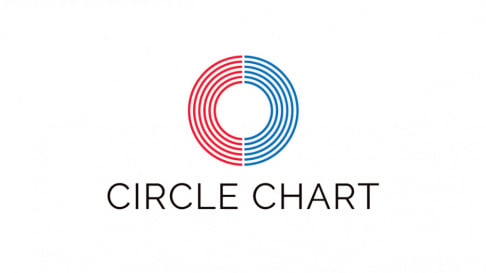
As Hanjin Group, which owns Korean Air, is reportedly seeking to acquire Asiana Airlines, attention is being drawn to whether a mega national airline will be created.
If the acquisition is successful, a monopoly will be formed as the two "top" airlines will join under Korean Air. However, the acquisition process will take a considerable amount of time to complete due to Asiana Airline's high debt and opposition from the labor unions.

On November 13, Korean Air maintains a cautious stance on the acquisition of Asiana Airlines as they state nothing has been confirmed. Although Korean Air is cautious with their words, the industry and the government already expect Hanjin Group's acquisition process of Asiana Airlines to begin soon.
The government is expected to hold a meeting of the related ministries to strengthen industrial competitiveness as early as the 16th of this month and officially announce Hanjin Group's acquisition of Asiana Airlines at the governmental level.
Korean Air is also said to be willing to take over Asiana Airlines as it has been discussing with the Korea Development Bank for several months.
If Korean Air acquires Asiana Airlines, the airline company will rise to be a top 10 airline globally.
According to the "World Air Transport Statistics 2020" published by the International Air Transport Association (IATA), Korean Air ranked 18th and Asiana Airlines 32nd in the global airline ranking based on the international passenger RPK (the number of floating passengers per flight multiplied by the flight distance).

If Korean Air and Asiana Airlines are combined, they will be similar to American Airlines, ranking 10th place.
In terms of the number of international passengers, Korean Air ranked 19th and Asiana Airlines ranked 36th, but they will rise to rank ten once the two airlines are combined.
In the international freight traffic rankings, Korean Air (5th) and Asiana Airlines (23rd) combined can beat Cathay Pacific in third place.
Considering the number of aircraft owned by Korean Air alone after the merger, there will be a total of 249 planes, including the current number of aircraft owned by Korean Air (164 aircraft) and Asiana Airlines (79 aircraft). This would be in line with Air France (220 aircraft) and Lufthansa (280 aircraft), among the top ten ranks in airline aircraft ownership.
The share of domestic passengers will amount to around half the market share if the subsidiaries are added together. At the end of last year, Korean Air had a 22.9 percent share, and Asiana Airlines had a 19.3 percent share. The combined market share of low-cost carriers (LCCs) of Jin Air, Air Busan, and Air Seoul amounts to 62.5 percent.
As of last year, the combined revenue of Korean Air (12.6834 trillion KRW) and Asiana Airlines (2.18 trillion KRW) amounted to 15 trillion KRW (~13.6 Billion USD).
In addition, it is expected that costs will be reduced by unifying maintenance and pilot education, and profitability will improve by simplifying redundant routes. However, the situation in the airline industry, which is difficult due to the coronavirus infection (COVID19), and opposition from internal employees are expected to hamper the acquisition process.
Korean Air said it posted a surplus for the second consecutive quarter, but a "big deal" could be a burden at a time when sales fell to 90% compared to last year in the aftermath of COVID19.

In particular, some insiders oppose the takeover itself, as Asiana Airlines' debt ratio reached 2,291 percent in the second quarter of this year, and its debt volume exceeded 12 trillion KRW (~10.8 Billion USD).
Korean Air, which is scheduled to apply for a key industrial stabilization fund from the government to overcome the liquidity crisis caused by the COVID19, will also run into issues while raising funds to take over Asiana Airlines.
As a result, the Korea Development Bank is considering investing funds in Hanjin Korean Airline, the holding company of Hanjin Group, through a third-party allocated capital increase. Hanjin KAL is considering buying a 30.77 percent stake in Asiana Airlines owned by Kumho Industrial.
 SHARE
SHARE










































[+] This user has a poor community rating, click here to read this comment.